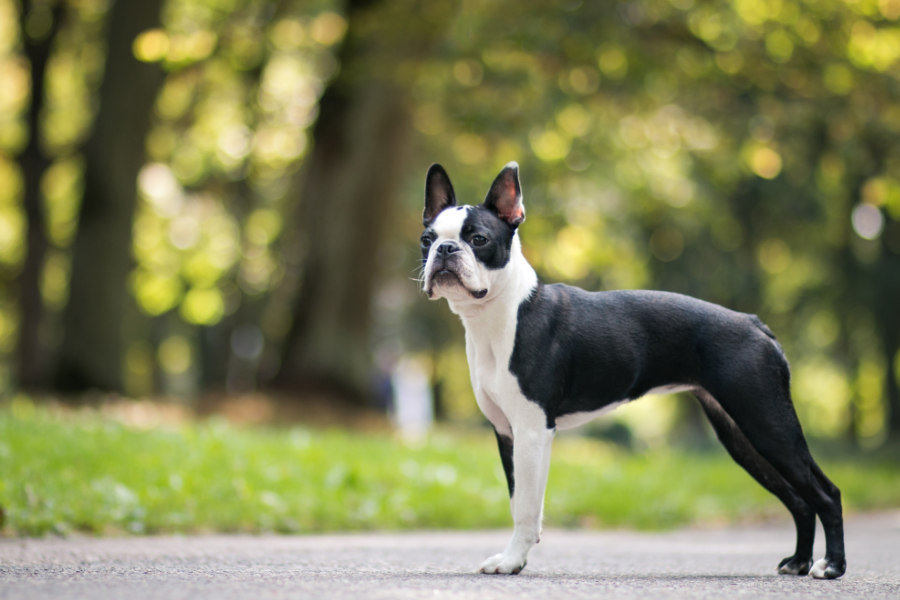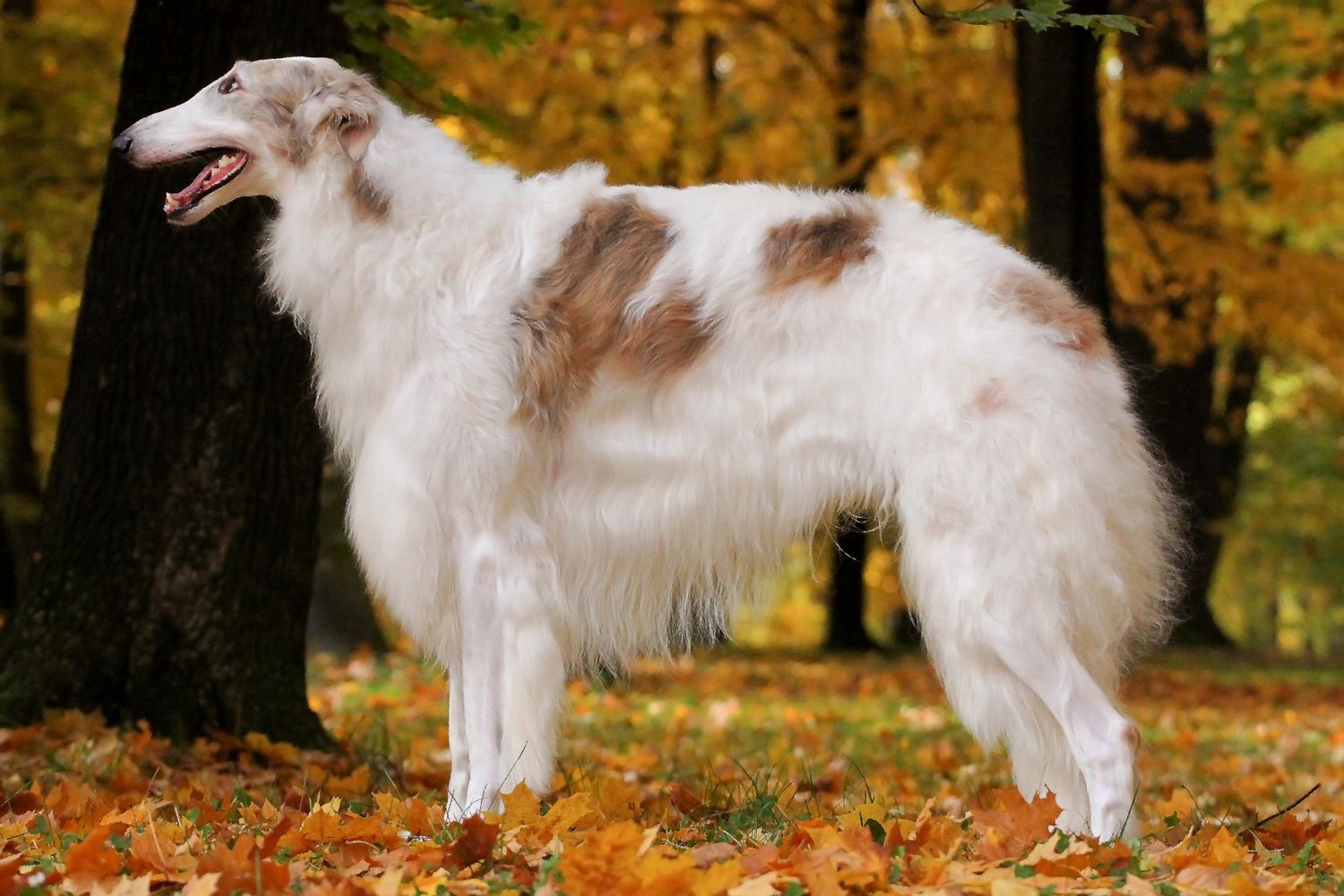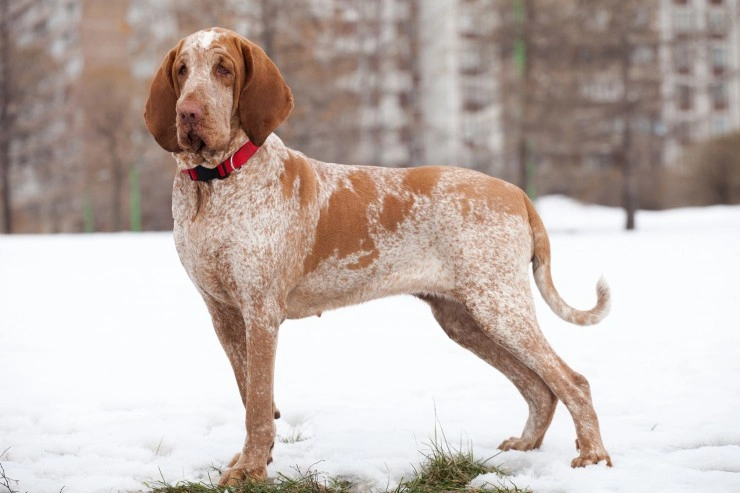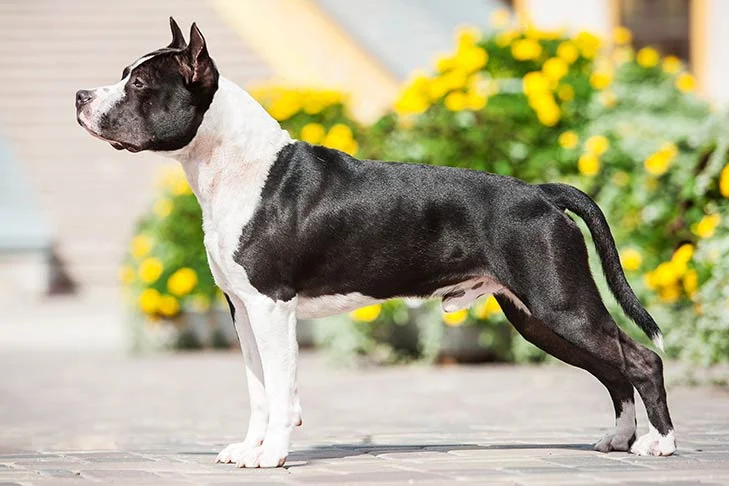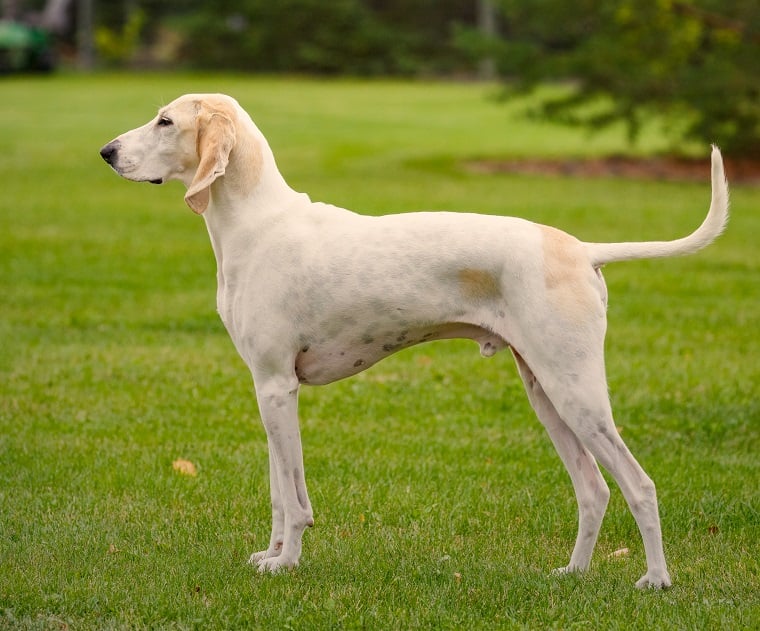Boston Terrier Introduction
The Boston Terrier is a small, energetic breed with a friendly and affectionate personality. Originally bred as a fighting dog, the Boston Terrier has evolved into a beloved family pet known for its intelligence, loyalty, and amusing antics. With their distinctive tuxedo markings and compact size, Boston Terriers are a popular choice for those looking for a charming and adaptable companion.
Temperament

The Boston Terrier is a breed with a distinctive personality. They are known for their friendly and affectionate nature, and their love of human companionship. Boston Terriers are also intelligent, lively, and playful, making them a great choice for families with children or other pets. They are generally easy to train and eager to please, although they can be stubborn at times. Overall, the Boston Terrier is a loyal and loving companion with a fun-loving personality.
Aggression in Boston Terrier
Boston Terriers are not known to be an aggressive breed, but like any dog, they may display aggressive behavior if they feel threatened or if they are not properly socialized or trained. Aggression can also be a result of medical issues, such as pain or illness, so it’s important to rule out any underlying health issues with a veterinarian.
Common triggers for aggressive behavior in Boston Terriers include fear, territorial behavior, possessiveness over food or toys, and lack of socialization. It’s important to address any aggressive behavior early on through positive reinforcement training and socialization to prevent it from becoming a serious issue. Seek the advice of a professional dog trainer or behaviorist if you are having difficulty addressing your Boston Terrier’s aggressive behavior.
Health and Lifespan of Boston Terrier
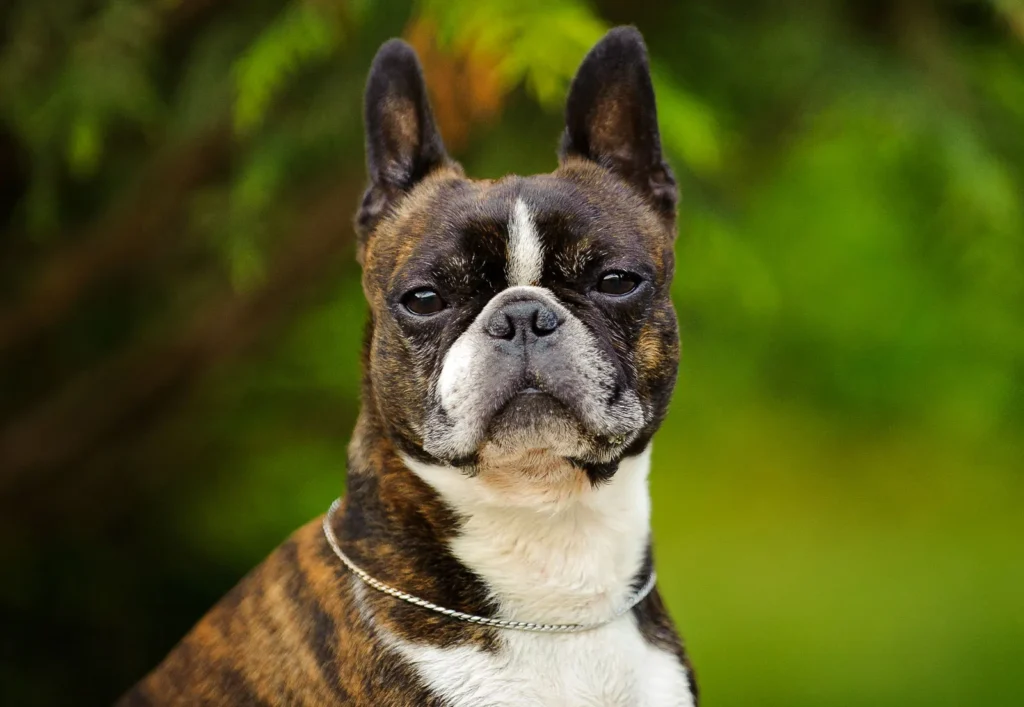
The average lifespan of this dog is 12-15 years, although some may live longer with proper care and attention. As with any breed, the lifespan of a Boston Terrier can be influenced by various factors such as genetics, diet, exercise, and overall health. To ensure your dog lives a long and healthy life, provide them with a balanced and nutritious diet, regular exercise, routine vet checkups, and plenty of love and attention.
Food
Choosing the best food for your Boston Terrier is important to maintain their health and energy levels. A high-quality dog food that is specifically formulated for small breeds is a good choice for Boston Terriers. Look for dog foods that have high protein content and are rich in essential nutrients such as vitamins and minerals.
It’s important to choose a dog food that meets the unique nutritional needs of your Boston Terrier. You may want to consult with your veterinarian to determine the best food for your individual dog, as their age, weight, and activity level can all impact their nutritional requirements.
Training for Boston Terrier
Training your dog is an important part of their development and overall well-being. Boston Terriers are known for their intelligence and willingness to please, making them relatively easy to train.
To begin training, establish clear and consistent rules and boundaries for your dog, and use positive reinforcement techniques such as treats and praise to encourage good behavior. Basic obedience commands such as “sit,” “stay,” and “come” are a good starting point, and can be taught through repetition and rewards.
Socialization is also an important aspect of training for them, as they can be prone to shyness or aggression towards unfamiliar people or animals. Expose your dog to a variety of social situations and people from a young age to help them develop confidence and good social skills. Patience, consistency, and positive reinforcement are key to successful Boston Terrier training. If you’re having trouble training your Boston Terrier, consider enrolling them in a training class or working with a professional dog trainer to get them on the right track
Conclusion
In conclusion, the Boston Terrier is a charming and affectionate breed known for their intelligence and easy-going temperament. They make great companions for families and individuals alike, and with proper training and care, they can live long and healthy lives. Whether you’re looking for a loyal companion or a playful addition to your family, the Boston Terrier is a wonderful choice.
